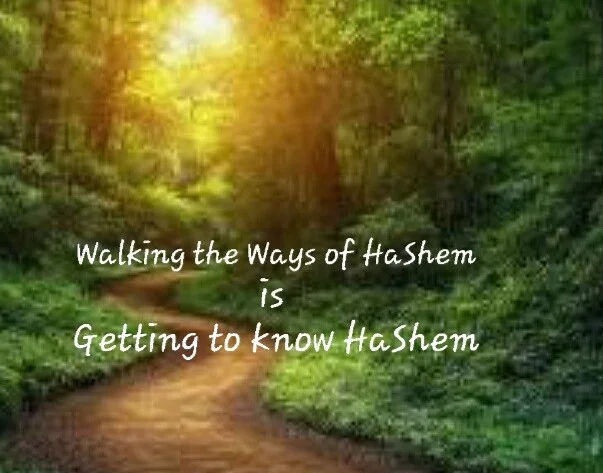Shabbat Pekudei
- WireNews

- Mar 3, 2022
- 3 min read
Exodus 38:21 -40:38 - The Messiah
by Rabbi Jeremy Rosen

The term Mashiach is usually associated with the apocalyptical idea of a Messiah who will change the world to make it a more peaceful and honest place. At this very moment, the dream of freedom to live as free and independent citizens of the world is as much under threat as it has ever been and we are still waiting, as we have for thousands of years. But where does the idea come from? Certainly not the Torah itself!
In this week’s reading from Chapter 28 verse 21 to the end of Chapter 40, the word Mashiach is mentioned eight times and altogether in the Torah, fifty times. And every one of those times it applies only to anointing with oil. Either the vessels of the Tabernacle and certain sacrifices or Aaron and his sons as high priests. So that the term Mashiach, Messiah, in the Torah has nothing to do with a king.
Only hundreds of years later in the time of Samuel was it used to describe anointing first Saul as king, then David. After that only two other kings of Judea were anointed. Solomon because his accession was disputed by Adonijah his elder brother. And then with Jehoash, because his brothers had all been assassinated by their evil mother queen Athaliah, daughter of Jezebel from the North. And in the North, only Jehu was anointed to get rid of the pagan Omri/Ahab dynasty. So that the idea of anointing a king became associated only when there was a break in a dynasty and the hope for its restoration.
After the destruction of Israel and Judea by the Assyrians of the North and the Babylonians of the South the word, Mashiach, came to be used to refer to the hope that both the houses of David and Joseph would be re-established. Even if those dynasties were disappointments and hardly examples of an ideal state, the hope became a dream for independence and self-rule. When the Maccabees displaced the previous dynasties, everyone hoped that a return to the Davidic line would be a huge improvement.
After the Roman destruction, the Talmud developed the idea of some miraculous person, sent by God would come to repair the world. Some argued that a Messiah would only come when things got so bad and inhuman that only Divine Intervention could repair the world. While others believed that we could bring about this divine era through our own efforts and by getting rid of the bad guys.
The Talmud warned against trying to predict when the Messiah would come. It said that if one tried to predict a time, and it did not happen, that would only cause disappointment and disillusion with religion. But as we know this has never stopped people from trying. Meanwhile, catastrophes of our own making have continued despite, all the false messiahs that have emerged over the years. We still have a lot to do before the idea of peace on earth becomes a reality.
This is possibly why this book of Exodus we complete this week, and indeed the Torah itself, both end with the phrase LeEynei Yisrael, In the sight of Israel. Sight, realism, seeing things as they are, rather than as we might imagine, is the way to cope with life, not delusions or illusions. As the saying goes, there is none so blind as one who will not see!
May we all have a happy Rosh Hodesh for the Month of Adar 2 and especially a happy Purim, wherever we are, with special thoughts for those suffering.
Shabbat Shalom
Jeremy
###
Jeremy Rosen was born in Manchester, England, the eldest son of Rabbi Kopul Rosen and Bella Rosen. Rosen's thinking was strongly influenced by his father, who rejected fundamentalist and obscurantist approaches in favour of being open to the best the secular world has to offer while remaining committed to religious life. He was first educated at Carmel College, the school his father had founded based on this philosophical orientation. At his father's direction, Rosen also studied at Be'er Yaakov Yeshiva in Israel (1957–1958 and 1960). He then went on to Merkaz Harav Kook (1961), and Mir Yeshiva (1965–1968) in Jerusalem, where he received semicha from Rabbi Chaim Leib Shmuelevitz in addition to Rabbi Dovid Povarsky of Ponevezh and Rabbi Moshe Shmuel Shapiro of Yeshivat Be'er Ya'akov. In between Rosen attended Cambridge University (1962–1965), graduating with a degree in Moral Sciences.








